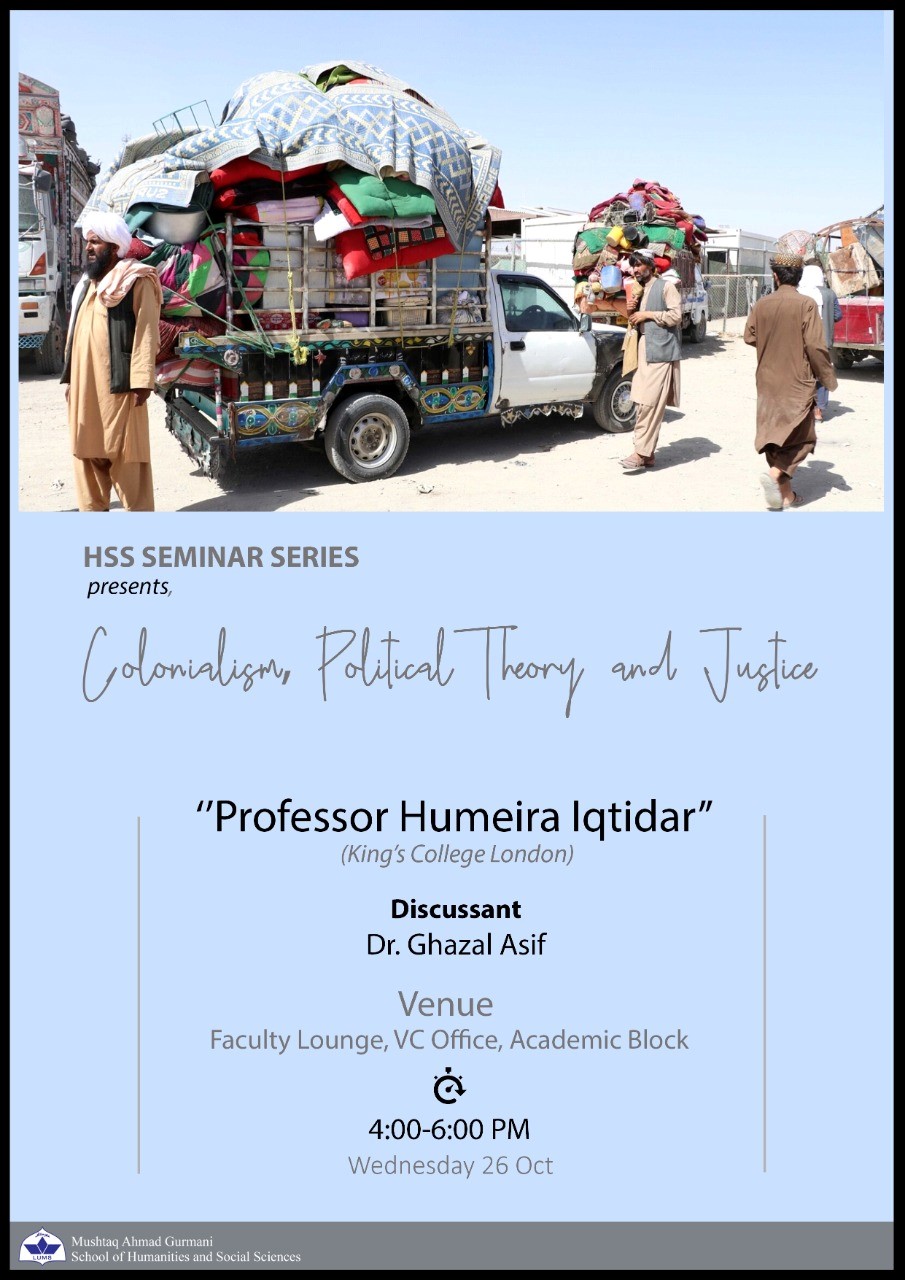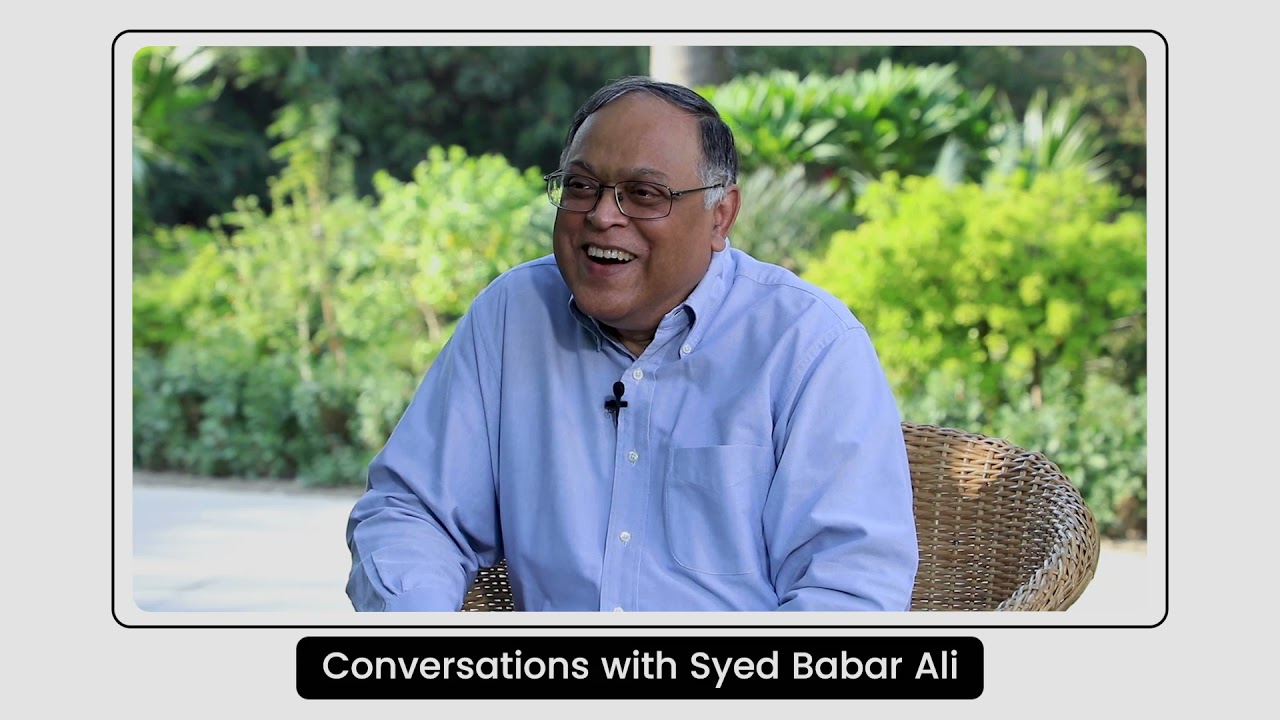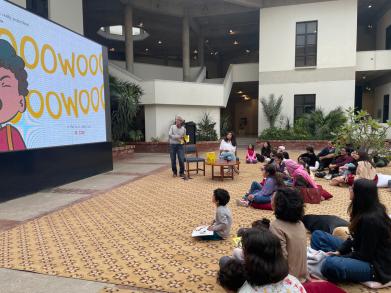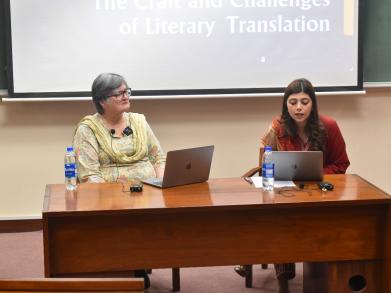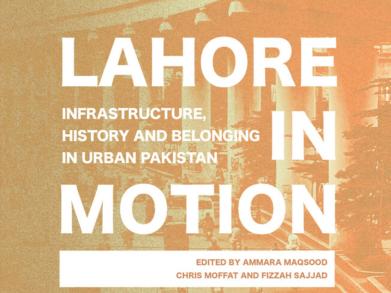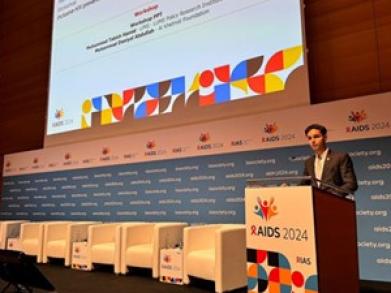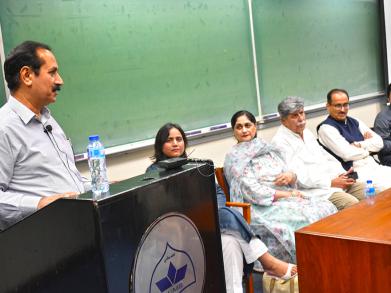
to
Professor Humeira Iqtidar (King’s College London)
Abstract
Political Theory has come late to debates about colonialism. Academic political theorists managed to avoid the question of colonialism and its implications for their disciplinary debates and methods until a decade or so ago. What might be some reasons for this delay? And what implications does this delayed engagement carry for a discipline that is on the one hand plagued by a lack of clarity regarding its boundaries but, on the other, remains immensely influential in setting the agenda for social science research. Engaging in particular with critical theory and the surprising lack of interest in questions related to colonialism among prominent critical theorists today, I will discuss some implications of this for our understanding of justice by building on oral histories collected from refugees and migrants from the tribal areas (formerly FATA) of Pakistan.
Biography
Humeira Iqtidar is Professor of Politics at the King’s College London. Her research brings together postcolonial theory, comparative political theory and Islamic thought with a focus on modern South Asia. Thematically, her research has been concerned with questions of justice and tolerance, the place of religion in contemporary political imagination, the politics of knowledge, and the legacies of colonialism. Methodologically, she has argued for greater interdisciplinary and cross disciplinary research. She is a co-convenor of the London Comparative Political Theory Workshop and Race and Racism in the Global South seminar series, and editor of the McGill-Queens Studies in Modern Islamic Thought. She is the author of Secularising Islamists? Jamaat-e-Islami and Jamaat-ud-Dawa in Pakistan, University of Chicago Press.
